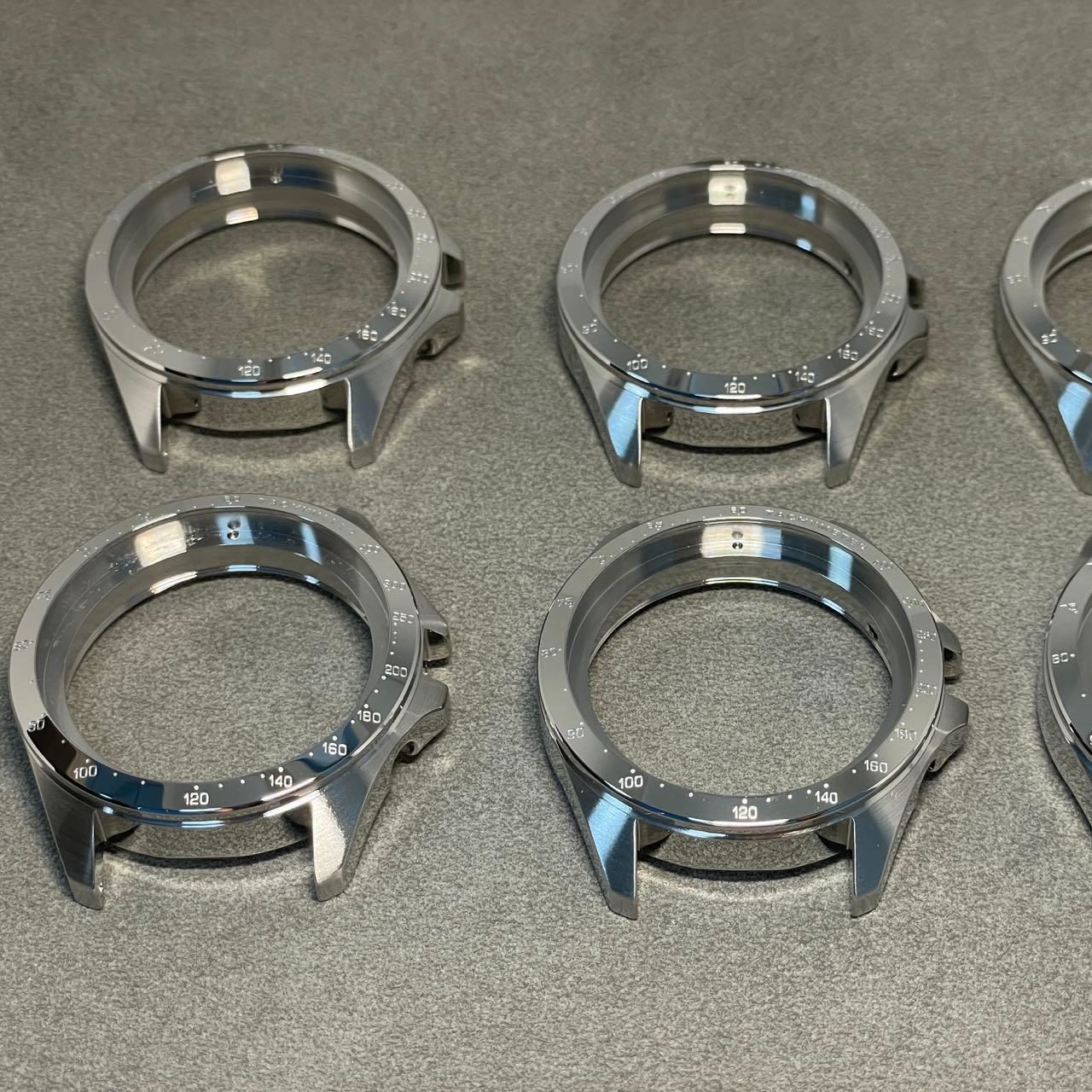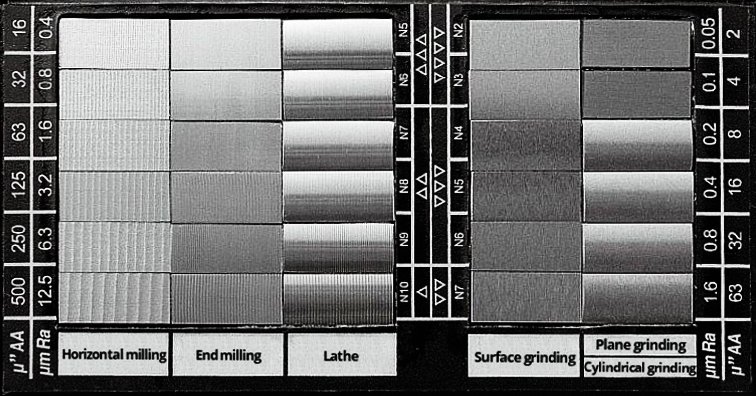CNC milling technology is widely used across various industries for precision machining. Depending on the processing requirements and workpiece characteristics, there are many different milling methods to choose from. At AMP Precision, we specialize in providing high-precision, customized CNC milling services. In this blog, we will introduce the top 10 most common milling methods, categorized to help you better understand the features and applications of each.
1. Face Milling:
- Overview: Face milling is one of the most basic milling techniques, primarily used to machine flat surfaces on a workpiece. It involves the cutting tool’s face coming into contact with the workpiece to remove excess material, commonly used for flat surfaces, internal holes, and grooves.
- Applications: Widely used in metalworking, mold manufacturing, and other applications requiring flat surfaces.
2. Slot Milling:
- Overview: Slot milling involves machining various groove shapes on the surface of a workpiece. This process uses a rotating tool to cut along the workpiece’s surface, often used to create grooves with different widths and depths.
- Applications: Common in mechanical components such as fit grooves, guide slots, etc.
3. Narrow Slot Milling:
- Overview: Similar to slot milling, narrow slot milling is used to machine narrower grooves with higher precision requirements. It is suitable for applications that need a smaller groove width.
- Applications: Often used in high-precision parts manufacturing, such as in precision machinery or electronic devices.
4. Step Milling:
- Overview: Step milling involves machining stepped structures on a workpiece by removing material in stages to achieve different heights. This process is typically used when the workpiece needs to have various levels or steps.
- Applications: Common in the production of molds and complex mechanical components.
5. Keyway Milling:
- Overview: Keyway milling is used to machine keyways, which are grooves that allow keys to fit into shafts and hubs, enabling torque transmission. It is a standard machining process.
- Applications: Found in industries like automotive, machinery, and motors, where torque transmission is required.
6. T-Slot Milling:
- Overview: T-slot milling is used to machine T-shaped grooves on a workpiece. T-slots are commonly found in fixture systems and work tables, allowing components to be fixed securely during machining.
- Applications: Primarily used in mechanical assembly and fixture systems.
7. Gear Milling:
- Overview: Gear milling is used to machine the teeth of gears, producing the required tooth shape for gear transmission. This method is essential for gear production.
- Applications: Widely used in the mechanical, automotive, and other fields where gears are an integral part of the drive system.
8. Helical Milling:
- Overview: Helical milling involves machining spiral-shaped grooves. This technique is commonly used for creating helical or spiral shapes such as screw threads or helical gears.
- Applications: Used for devices like screws, spiral grooves, and helical components.
9. Surface Milling:
- Overview: Surface milling is used to machine complex curved surfaces on a workpiece. This process involves cutting along various angles and profiles, suitable for producing more intricate surface shapes.
- Applications: Commonly used in aerospace, automotive, and other industries where complex surface shapes are required.
10. 3D Milling:
- Overview: 3D milling is used for machining complex three-dimensional surfaces. It allows precise control of the cutting tool to produce intricate 3D parts, ideal for highly complex geometries.
- Applications: Widely used in aerospace, mold manufacturing, and other industries requiring complex 3D structures.
10. 3D Milling:
- CNC milling processes are indispensable in precision machining and provide flexible, efficient solutions for a wide range of industries. Whether it’s flat surfaces, grooves, complex curves, or three-dimensional structures, AMP Precision can provide customized milling services tailored to your specific needs. If you have any milling requirements or technical inquiries, please feel free to contact us—our expert team is ready to offer the best solutions for your projects.
If you’re looking for milling services or would like to learn more about our CNC milling techniques, please visit our AMP Precision website or contact our team of experts directly.


